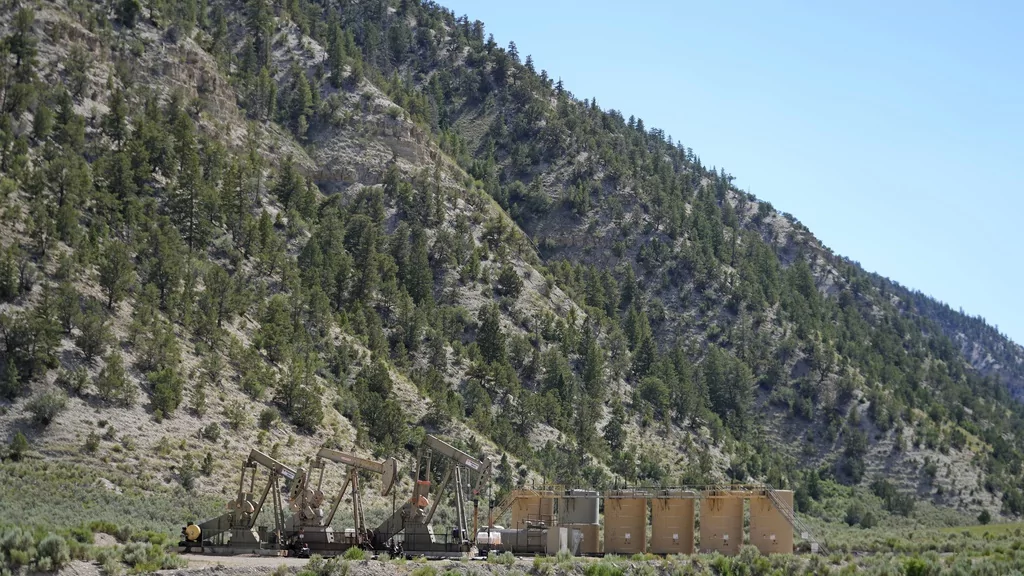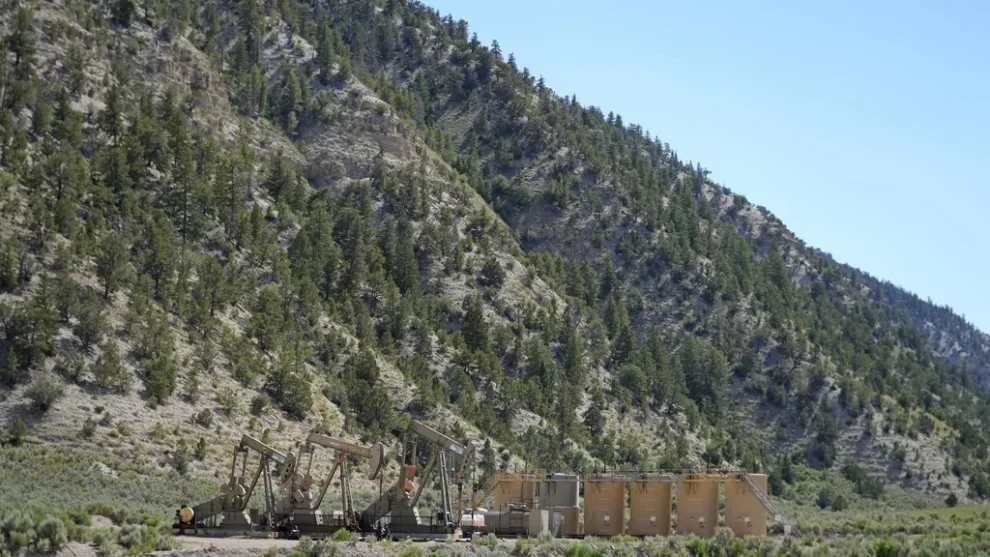The United States Forest Service has paid hundreds of thousands of dollars to a diversity consulting firm to hold a series of “intercultural communication diversity dialogue circle” workshops, federal records show.
These diversity circles, according to the website of the contractor hosting them, prompt Forest Service employees to discuss their feelings on racial issues and push white staffers to be better “allies” to minorities. The diversity circles are just one component of a broader diversity, equity, and inclusion strategy adopted by the Forest Service under the Biden administration.
As the Forest Service increased its focus on diversity, equity, and inclusion, it failed to meet goals related to maintaining America’s forests. A 2023 Agriculture Department Office of Inspector General report found that the agency, responsible for caring for much of America’s public lands, had an over $5 billion maintenance backlog.
Forest Service employees will be subjected to these workshops, for which the agency paid J. Mattox and Associates over $250,000, until July 2025 under the current contract. The agency previously paid J. Mattox and Associates about $60,000 for trainings on “anti-racism, equity, and being an effective ally” and an “engagement forum.”
The J. Mattox and Associates website describes the diversity circles it is facilitating for the federal government as a “safe, supportive space to promote open and respectful exchange of personal stories, and feelings about racial inequalities and social injustice to achieve shared understanding, bridge differences, and strengthen [a] sense of community.” During the circles, white employees are asked to “explore a range of actions and techniques” that will help them serve “as allies with people of color to be supportive and take action to combat social injustice and racial inequities in the workplace and the community.”
The diversity firm cites the “recent unjust murders of George Floyd, Ahmaud Arbery, and Breonna Taylor” as part of the reason the dialogue circles are necessary.

Diversity trainings such as these are sometimes mandatory for individuals working in the Forest Service.
The agency’s 2023-2024 “equity action plan” states that it embarked to “train staff to be culturally sensitive and better understand the diverse needs of the constituents we serve.” Part of this training included “an internal awareness campaign to ensure all employees understand the requirements of Executive Orders 13985 and 14091, and collectively commit to embedding equity into our agency values and decision-making processes.”
Executive Order 13985 was issued by President Joe Biden on Jan. 20, 2021, and required all federal agencies to assess how they can better work toward racial equity. Executive Order 14091, meanwhile, was issued in February 2023 and ordered agencies to establish dedicated racial equity teams and to work to provide more services to racial minorities.
The Forest Service’s equity action plans largely center on getting more racial minorities to access public lands, increasing the hiring of racial minorities, and providing contracts to a greater number of minority-owned contractors.
“My great-great grandmother was a slave,” one Forest Service staffer said in a video meant to promote the agency’s equity action plans. “Just that lineage and that heritage in the stories being chased through the woods. Why would I want to work for the woods?”
Another forest worker claimed that America’s involvement in the Vietnam War makes the forest potentially distressful for Vietnamese Americans and tourists and that the Forest Service needs to do more to accommodate them.
“We need every USFS employee to play an active role in this work,” Forest Service chief Randy Moore said in September 2022. “We must talk, think, and act together to build and sustain an equity-centered Forest Service. There are still too many accounts where people of color, tribal members and indigenous peoples, persons with disabilities, women, and members of the LBGTQ community feel unwelcome, isolated, and marginalized.”
CLICK HERE TO READ MORE FROM THE WASHINGTON EXAMINER
Other equity initiatives pursued by the Forest Service include a nine-figure “tree equity” initiative aiming to provide minorities with greater access to trees. The agency’s inability to cut down its maintenance backlog represents a danger to public health and safety, according to the inspector general report.
The Forest Service did not respond to the Washington Examiner’s request for comment.
























